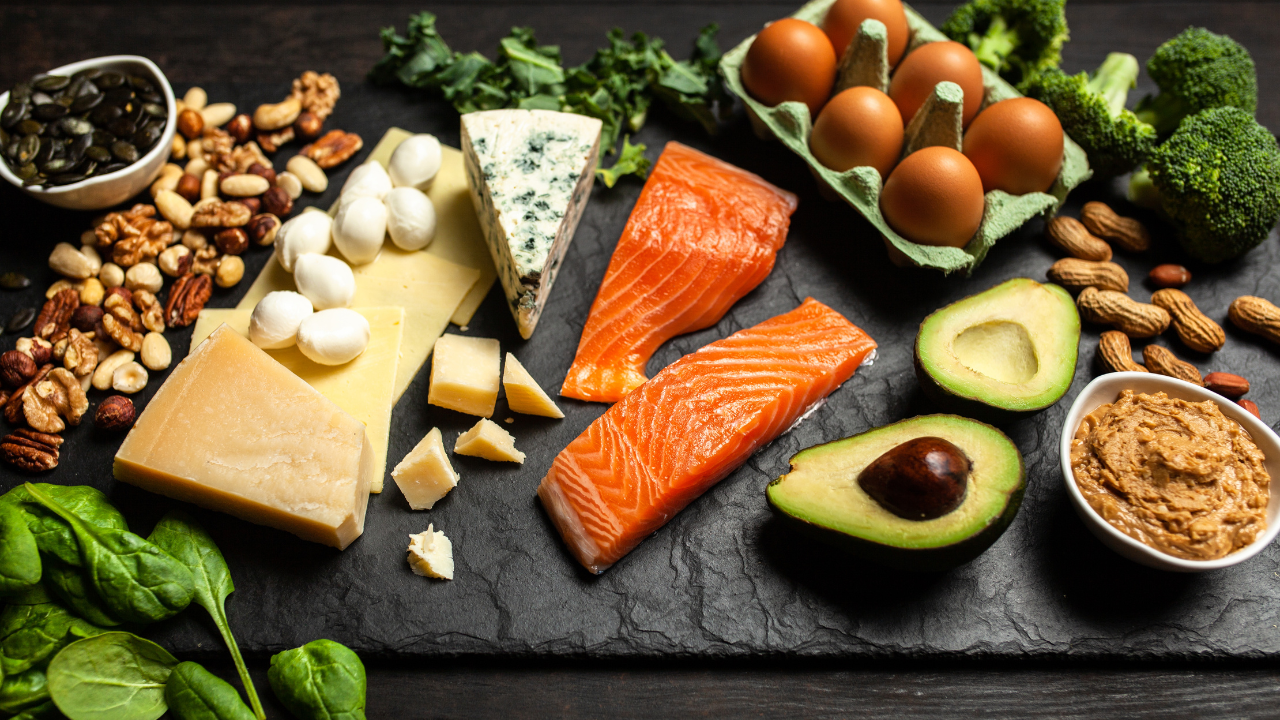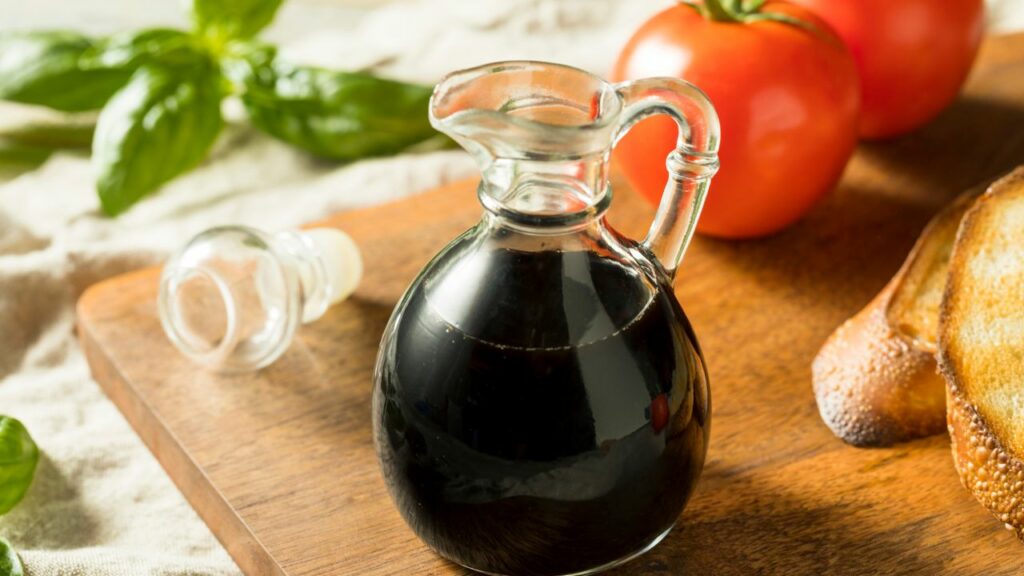Is Horseradish Keto Friendly?
Table of Contents
What is the Keto Diet?
A Ketogenic diet is a high-fat, moderate-protein, low carbohydrate eating plan. By restricting carbohydrates, the body enters a metabolic state called ketosis where it breaks down fat for energy instead of glucose. The Keto diet aims to achieve weight loss by keeping insulin levels lower and encouraging the body to burn stored fat for fuel.
Horseradish, with its strong flavor and low-carb content, is an excellent condiment option when following the Keto diet. It contains about one gram of carbs per tablespoon and can be used to add flavor to meats or as a dip for veggies. However, horseradish sauces should be chosen wisely as they can often contain added sugars that spike insulin levels.
Additionally, horseradish has been used in traditional medicine throughout history due to its potential anti-inflammatory and antimicrobial properties. It was also believed to have benefits in treating respiratory infections and digestive issues.
Horseradish has been cultivated since ancient times with records dating back to 1500 BCE in Egypt. Greek physician Hippocrates even mentioned using it for medicinal purposes in his writings. Today, horseradish is widely enjoyed both for its flavor and potential health benefits.
Horseradish: the spicy root that adds flavor to your food and tears to your eyes.
What is Horseradish?
Horseradish is a cruciferous plant known for its pungent flavor and use in many culinary dishes. Its root is grated or ground to make a spicy condiment that can be added to sauces, dressings and dips. Horseradish contains natural compounds that give it its distinct heat, such as sinigrin and allyl isothiocyanate. It has been used for centuries in traditional medicine to relieve respiratory ailments and promote digestion.
Although horseradish is low in calories and carbohydrates, it may contain added sugars in some commercial preparations. Therefore, it is important to check the ingredient list before purchasing it to ensure it aligns with your dietary needs. When preparing homemade horseradish, opt for unsweetened versions using vinegar and salt as natural preservatives instead.
Interestingly, during the Middle Ages, horseradish was believed to ward off evil spirits and was planted in monastery gardens as a symbol of strength against temptation. The name “horseradish” originates from its use as a condiment for raw beef before refrigeration when horse meat was more commonly consumed. This versatile root continues to be enjoyed today due to its unique flavor profile and potential health benefits.
Horseradish may not be the hero we deserve, but it’s definitely the keto-friendly condiment we need.
Nutritional Value of Horseradish
Horseradish is packed with essential nutrients, making it a healthy addition to any diet. Its nutrient content can positively impact several aspects of health.
Below is a table showcasing the nutritional value of horseradish:
| Nutrient | Amount per 100g |
|---|---|
| Calories | 48 |
| Carbohydrates | 11g |
| Fiber | 3.3g |
| Protein | 1.2g |
| Fat | 0.7g |
| Calcium | 56mg |
| Iron | 0.6mg |
| Magnesium | 18mg |
In addition to the aforementioned nutrients, horseradish also contains small amounts of other vitamins and minerals such as vitamin C, potassium, and phosphorus.
It’s important to note that horseradish should be consumed in moderation due to its high levels of sodium and mustard oil which can cause irritations if eaten in excess.
If you’re following a keto diet plan and want to add some flavor, horseradish is a great option as it contains few carbohydrates but adds plenty of flavor to meats and salads.
Don’t miss out on adding this healthy condiment to your diet! Spice up your keto game with horseradish – it’s the perfect condiment to kick your taste buds into ketosis!
Horseradish on a Keto Diet
Horseradish is a keto-friendly condiment that adds some zesty flavor to various dishes. It is derived from the horseradish plant, which has been used for medicinal purposes throughout history.
Here are 5 points about Horseradish on a Keto Diet:
- Horseradish is low in carbs and calories, making it an ideal addition to keto meals.
- It contains compounds that aid digestion and can help reduce inflammation in the body.
- Horseradish can be used as a substitute for high-carb condiments like ketchup or BBQ sauce.
- Some recipes use mayonnaise and sour cream with horseradish, which may add some fat content to the dish.
- Although horseradish itself is not a significant source of vitamins and minerals, it can complement other nutrient-rich foods in the diet.
It’s worth noting that horseradish has a strong flavor that may not be everyone’s cup of tea. However, it can be enjoyed in small amounts to accentuate certain flavors in dishes or add some zing to meat dishes.
Historically, horseradish was widely used by ancient Egyptians, Greeks and Romans for its medicinal properties. In fact, it was given as food to slaves who built the pyramids – akin to an early form of ‘food as medicine.’
Horseradish: Because who needs nasal congestion when you can clear out your sinuses and boost your immune system at the same time?
Health Benefits of Horseradish
Horseradish possesses many health-boosting benefits that are natural and effective. Its anti-inflammatory properties assist in reducing swelling and pain caused by various ailments, and its antibacterial nature may help prevent infections. Horseradish is a rich source of vitamins C and B6, which aid in skin health and brain function, respectively. It also contains compounds such as glucosinolates that have cancer-fighting abilities.
Horseradish has been shown to improve digestion by stimulating the production of digestive enzymes in the stomach. It can also alleviate respiratory issues due to its high concentration of sinigrin, which helps break up mucus buildup. Additionally, horseradish may be useful in reducing high blood pressure levels due to the presence of potassium.
It’s worth noting that horseradish must be consumed in moderation since it is very potent. It’s best to add small amounts of it to dishes rather than consuming it on its own. Adding creamy sauces or vinegar can help temper the heat while still allowing for its unique flavor profile to come through. Overall, including horseradish in one’s diet can provide a variety of health benefits if consumed appropriately.
Spice up your keto meals with a horseradish kick, because sometimes a little heat is all it takes to stay on track.
Delicious Ways to Incorporate Horseradish in a Keto Diet
Horseradish is a keto-friendly food and can add some delicious flavors to your diet. Here are some ways to incorporate horseradish into your keto diet.
- Add it to your dips and spreads: Mixing horseradish with sour cream, mayonnaise, and herbs will make a great dip or spread for any vegetables.
- Use it as a condiment: Replace sugar-laden ketchup with a spoonful or two of horseradish sauce.
- Use it in dressings: Adding grated horseradish in dressings, especially creamy ones like Ranch, can give them an extra punch of flavor.
- Make Horseradish butter: Mix softened butter and grated horseradish together to make a compound butter. Use it on grilled meats or roasted veggies.
Additionally, horseradish is low in carbs and calories but high in nutrients such as vitamin C, potassium, and calcium. Plus, horseradish contains antioxidants that can help improve immune system function.
A lady named Mary has shared her experience with us. She started adding horseradish to her diet as she was on a keto journey. According to her, it not only helped her maintain her low carb intake but also added much-needed variation in taste and meals.
Whether you’re adding a kick to your keto-friendly roast beef or using it to mask the taste of cauliflower rice, horseradish is indeed a spicy, low-carb option for the diet-conscious carnivore.
Conclusion: Is Horseradish Keto Friendly?
Horseradish can be a great keto-friendly condiment due to its low carb content. Its pungent flavor can add depth to any dish without adding too many carbs. Horseradish also contains compounds that aid in digestion and boost the immune system, making it a beneficial addition to any keto diet. It’s important to note that some prepared horseradish products may contain added sugars, so be sure to check labels before purchasing.
Additionally, horseradish has been used medicinally for centuries and is known for its antibacterial properties. A study published in the Journal of Agricultural and Food Chemistry found horseradish extract to be effective against certain bacteria strains, including E. coli and Salmonella. (Source: https://pubmed.ncbi.nlm.nih.gov/17002414/)
Frequently Asked Questions
1. Is horseradish keto friendly?
Yes, horseradish is keto friendly as it is low in carbohydrates and high in fiber.
2. Can I consume horseradish sauce while following a keto diet?
It depends on the ingredients of the sauce. If it has added sugars or high carb ingredients, it may not be keto friendly. Look for sauces made with low carb ingredients and no added sugars.
3. How can I incorporate horseradish into my keto diet?
Horseradish can be added to sauces, dressings, and dips made with keto ingredients. It can also be used as a condiment for meat dishes.
4. What are the nutritional benefits of horseradish?
Horseradish is a good source of vitamin C, antioxidants, and minerals like potassium and calcium.
5. Is horseradish safe for everyone to consume?
Horseradish can cause allergic reactions in some people. It is also not recommended for people with thyroid problems or kidney disease.
6. Can I consume horseradish in unlimited quantities while on a keto diet?
No, horseradish should be consumed in moderation as it is high in sodium.







